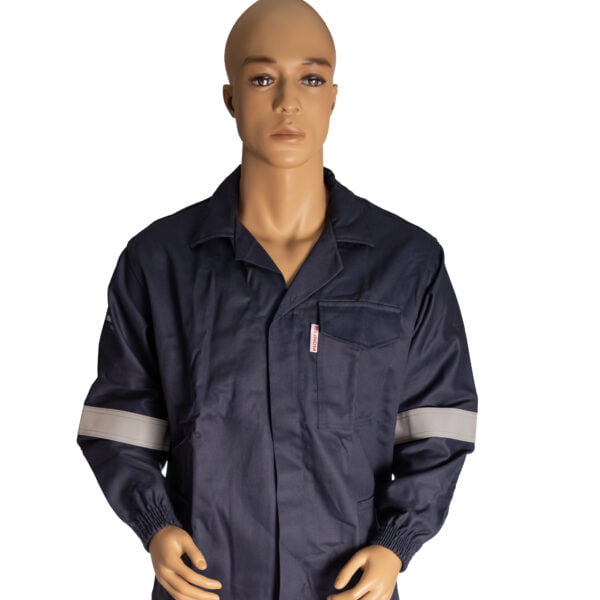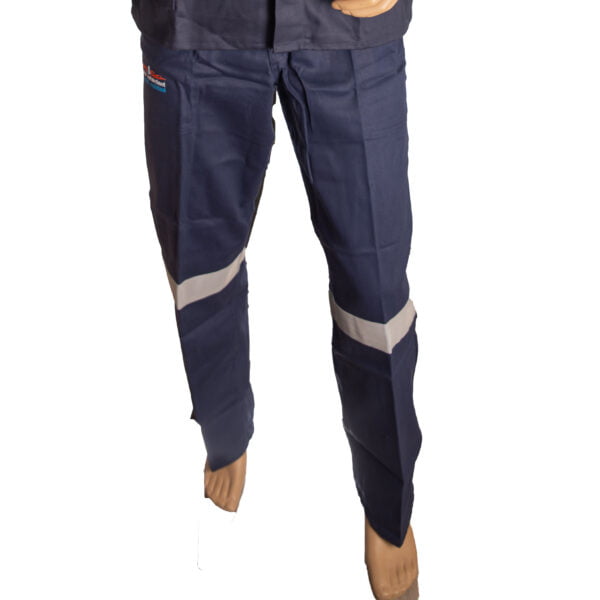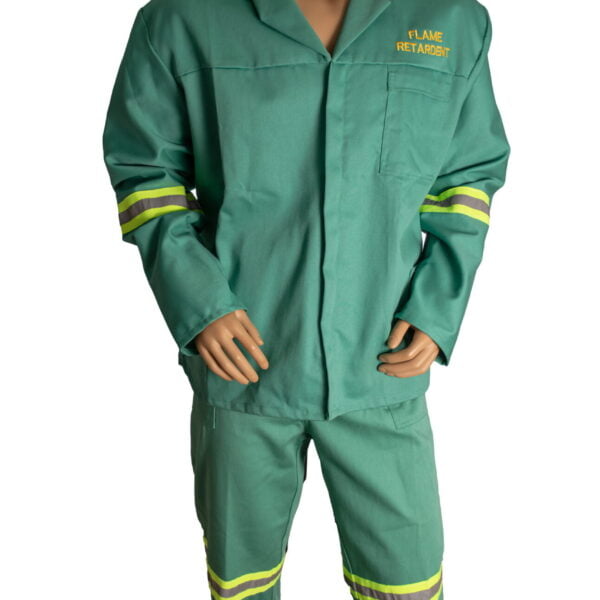PPE Safety Requirements
Personal Protective Equipment (PPE) safety requirements are crucial in safeguarding workers from occupational hazards. In South Africa, the use and regulation of PPE are governed by specific legislation aimed at ensuring the safety and health of employees across various industries. These requirements are established under the Occupational Health and Safety Act (OHSA) 85 of 1993, which mandates employers to provide suitable PPE to their workers and enforce its proper use.
Importance of PPE Safety Requirements
PPE safety requirements are essential in mitigating risks associated with workplace hazards. These hazards can include exposure to harmful chemicals, physical injuries from machinery, and extreme environmental conditions. By adhering to these requirements, employers can significantly reduce the occurrence of workplace injuries and illnesses.
In South Africa, the adherence to PPE regulations is not just a legal obligation but a moral one as well. Providing appropriate PPE such as helmets, gloves, eye protection, hearing protection, and respiratory devices ensures that workers are protected from potential dangers. This protection not only safeguards the individual’s health and well-being but also enhances productivity by reducing downtime caused by accidents and injuries.
Need for PPE Safety Requirements
The need for stringent PPE safety requirements arises from the diverse nature of industries in South Africa, each with its unique set of risks. For instance, the mining sector poses significant risks such as falling rocks and inhalation of dust, necessitating the use of hard hats and dust masks. Similarly, the construction industry requires the use of safety boots, reflective vests, and harnesses to prevent falls and enhance visibility.
Furthermore, the COVID-19 pandemic has underscored the importance of PPE in preventing the spread of infectious diseases. The use of masks, gloves, and face shields has become commonplace in healthcare settings and other public-facing roles, highlighting the critical role of PPE in maintaining public health.
Compliance with South African Regulations
Compliance with South African PPE safety requirements involves regular risk assessments, training of employees on the correct use and maintenance of PPE, and ensuring the availability of suitable protective gear. Employers are required to conduct regular inspections and replace worn or damaged equipment to maintain its effectiveness.
The Department of Employment and Labour in South Africa conducts inspections to ensure that companies comply with PPE regulations. Non-compliance can result in penalties, legal action, and even the closure of businesses. Therefore, it is imperative for employers to stay updated with the latest regulations and guidelines to avoid legal repercussions and ensure the safety of their workforce.
Conclusion
PPE safety requirements are a cornerstone of workplace safety in South Africa. By implementing and adhering to these regulations, employers can create a safer working environment, minimise the risk of injuries and illnesses, and comply with the legal standards set forth by the government. The importance of PPE cannot be overstated, as it plays a vital role in protecting workers and enhancing overall workplace safety.
Flame Acid Retardant Overall Navy Jacket
- Material: High-Quality Flame and Acid Retardant Fabric
- Features: Heat-Resistant, Acid-Resistant, Anti-Static
- Safety: Reinforced Seams for Enhanced Durability
Flame Acid Retardant Overall Navy Trouser
- Material: High-Quality Flame and Acid Retardant Fabric
- Fit: Relaxed and Comfortable Fit
- Features: Heat-Resistant, Acid-Resistant, Anti-Static
- Safety: Reinforced Seams for Enhanced Durability
Flame Retardant Overall 2 Piece
- Material: High-Quality Flame Retardant Fabric
- Fit: Relaxed and Comfortable Fit
- Features: Heat-Resistant, Anti-Static, Durable
- Safety: Reinforced Seams for Enhanced Durability
Overall 2 Piece / Conti Suit
- Material: High-Quality Fabric
- Design: Full coverage with ergonomic fit, big cut
- Features: Durable construction, reinforced stitching, multiple pockets for practicality
- Usage: Ideal for industrial workers, construction personnel, and uniformed staff




